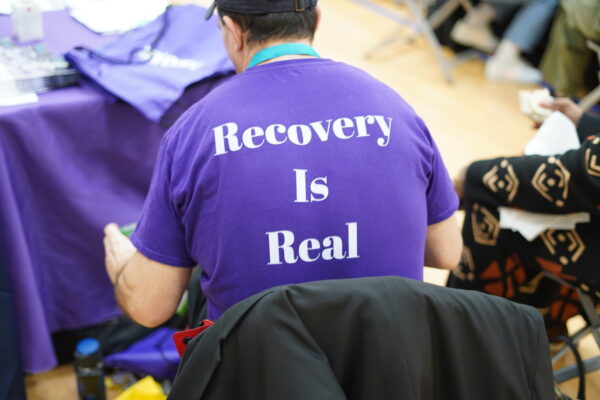Criminal Law Reform
For decades, the ACLU of Massachusetts has worked for criminal law reforms to end our reliance on incarceration, eliminate racial disparities in the system, and reinvest in public health and human needs.

For decades, the ACLU of Massachusetts has worked for criminal law reforms to end our reliance on incarceration, eliminate racial disparities in the system, and reinvest in public health and human needs.
The Latest

ACLU of Massachusetts Statement on Counsel Crisis Following Oral Arguments at Supreme Judicial Court
When the state fails to create a system where indigent defense attorneys can afford to do their work, the most vulnerable defendants pay the cost. The court must step in and exercise its authority to protect the constitutional right to counsel.

ACLU of Massachusetts responds to Supreme Court decision in Grants Pass v. Johnson
Make no mistake: We cannot arrest our way out of homelessness. Instead, communities must prioritize proven solutions, like making housing more affordable and providing accessible and voluntary treatment.

Massachusetts for Overdose Prevention Centers comment on new VT law authorizing OPCs
Vermont yesterday passed legislation that authorizes and funds an initial overdose prevention center (OPC) pilot in Burlington.
Issue Areas:
Criminal Law Reform

Labor unions in Massachusetts join MA4OPC Coalition to support overdose prevention centers
The endorsing labor unions include 1199SEIU, SEIU Local 509, and CIR/SEIU — representing more than 100,000 Massachusetts health care workers, human service workers and educators, and interns and resident physicians.
Issue Areas:
Criminal Law Reform
Cases, Campaigns & Legislation
Jun 21, 2022
Stilphen v. City of Boston
The ACLU of Massachusetts, together with law firm Goodwin Procter LLP, filed a civil rights lawsuit on behalf of the family of Shayne Stilphen for his wrongful death while in the custody of the Boston Police Department.
Stay Informed
Sign up to be the first to hear about how to take action.
By completing this form, I agree to receive occasional emails per the terms of the ACLU’s privacy statement.
By completing this form, I agree to receive occasional emails per the terms of the ACLU’s privacy statement.
